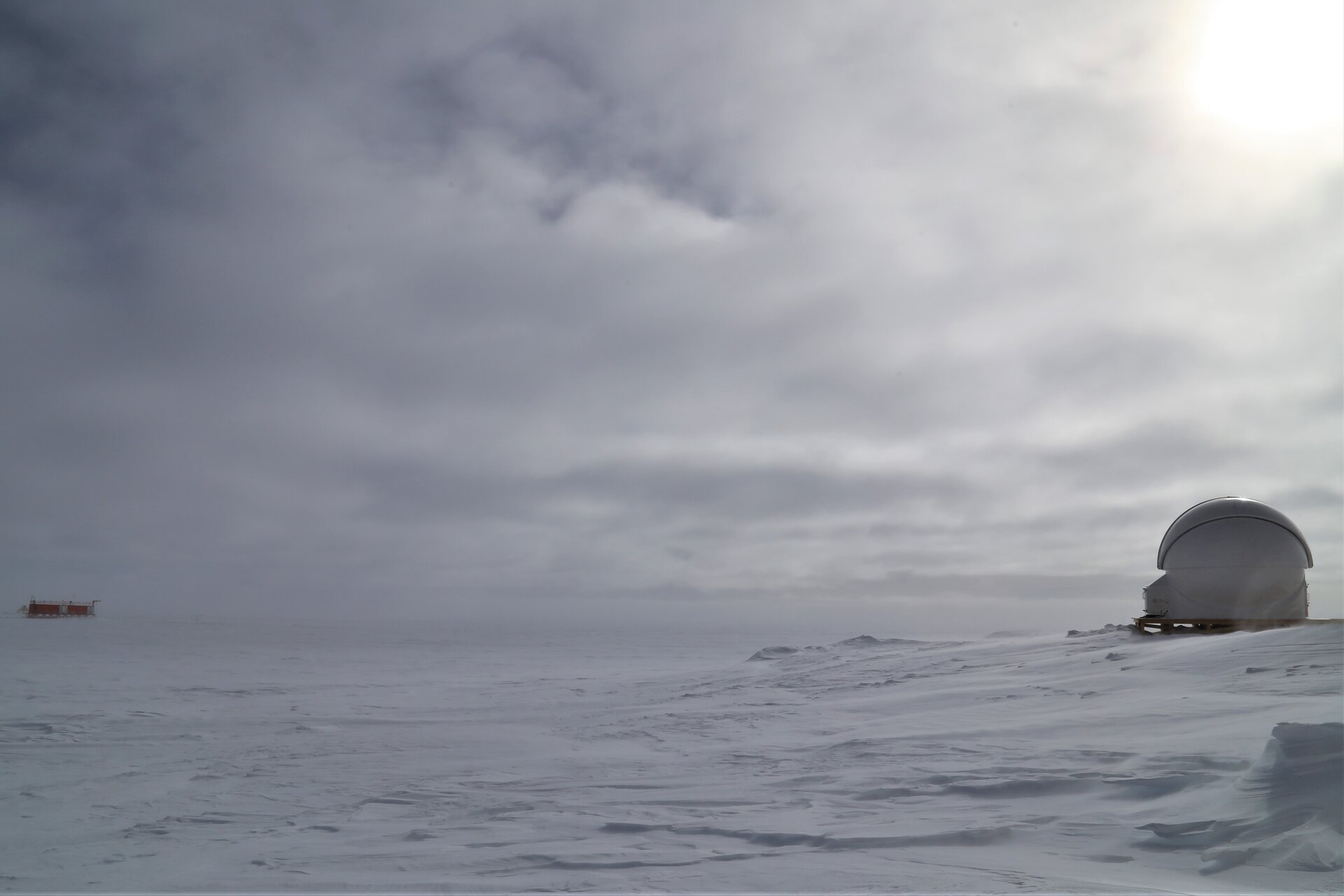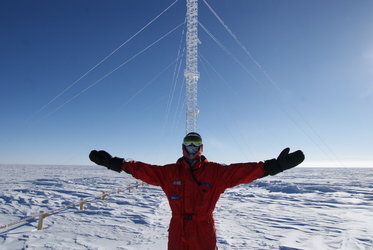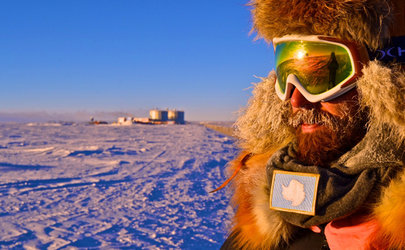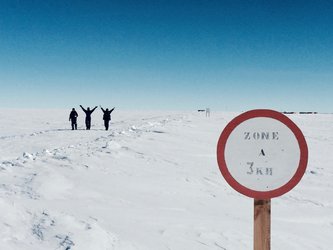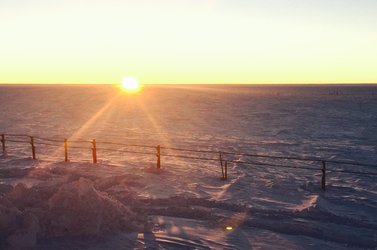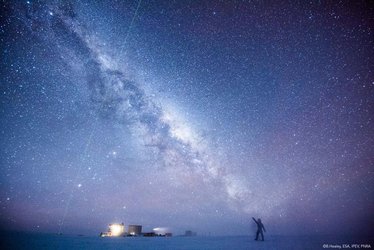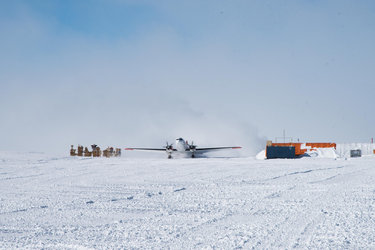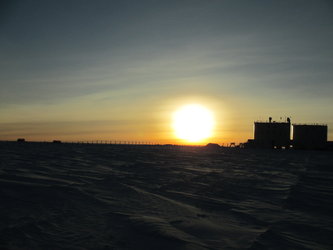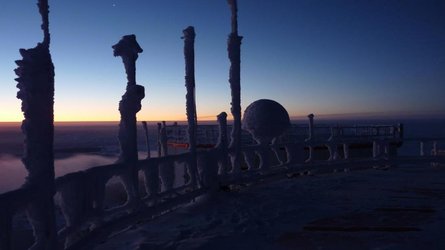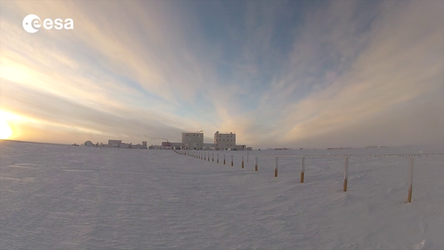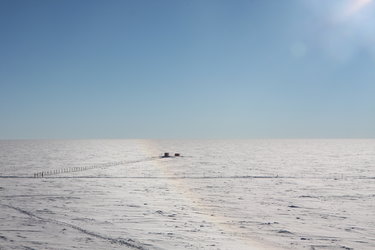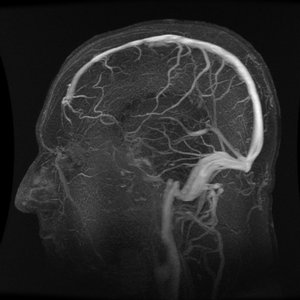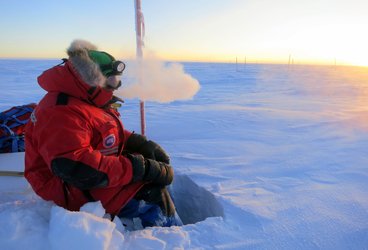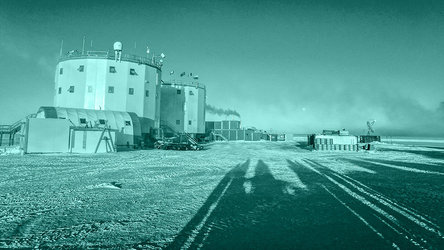Spaceship Concordia
Science for the benefit of space exploration does not only happen off planet. While some studies require the weightless isolation of the International Space Station, another location provides the right conditions for investigating the consequences of spaceflight, and it is right here on Earth.
The 2018 crew of Concordia research station in Antarctica recently returned to the European Astronaut Centre in Cologne to wrap up their time as researchers and subjects at Earth’s most remote outpost.
Earth’s white whale
Antarctica has all the wonder and appeal of space. It is harsh, vast and mysterious. But it also has one thing extra going for it: it is a little easier to access.
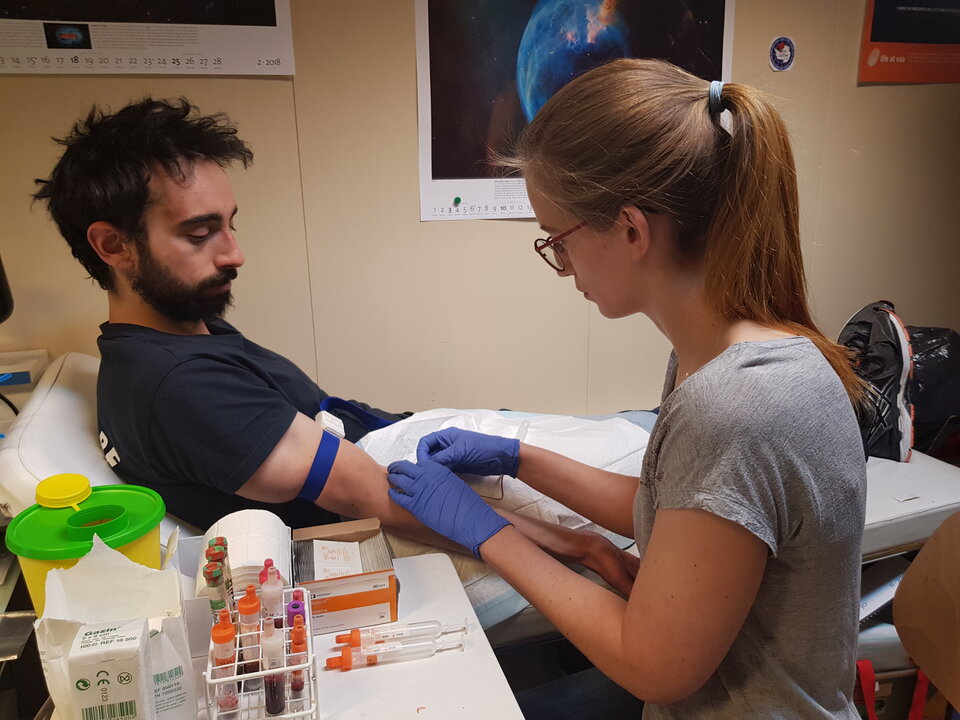
Peppered throughout the peninsula are research stations like Concordia, a collaboration between the French Polar Institute and the Italian Antarctic programme. Concordia is one of only three bases that is inhabited all year long, and is located at the mountain plateau called Dome C.
As well as offering around nine months of complete isolation, Concordia’s location at 3233 m altitude means the crew experience chronic hypobaric hypoxia – lack of oxygen in the brain.
During the Antarctic winter, the crew of up to 15 people also endure four months of complete darkness: the sun disappears from May and is not seen again until late August.
Temperatures can drop to –80°C in the winter, with a yearly average of –50°C.
As a station set in Earth’s harshest space, Concordia is an ideal stand-in for studying the human psychological and physiological effects of extreme cold, isolation and darkness.
Terrestrionauts
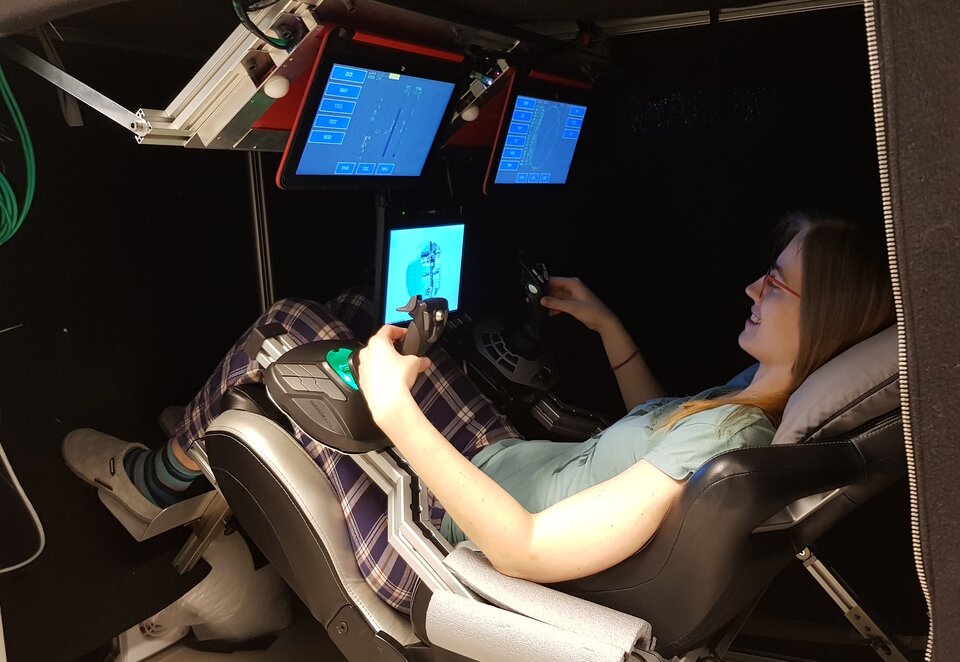
To research how these conditions affect humans, ESA sponsors a medical doctor every year to run experiments coordinated by ESA and Concordia partners.
Carmen Possnig, the 2018 medical doctor, followed the effects of lack of sunlight and a less oxygen on herself and her fellow subjects for researchers developing countermeasures to altered motor skills, memory, sleep patterns and moods.
Experiments included playing simple memory games and more complex sessions in simulators requiring subjects to pilot and dock a spacecraft as well as routinely providing blood and urine samples.
Experiments are already years in the running, meaning researchers can test effective countermeasures such as light therapy to improve sleep, awareness and mood.
Social cohesion is also vital to the crew at Concordia, as it is on the International Space Station or any other spacecraft that will be heading for space. While addressing physical discomforts from lack of sleep and oxygen deprivation greatly improves mood and morale, the crew must also bond and work as a team in shared isolation. Building a climbing wall and planning festivities helped the 2018 crew.
Safety procedures and training given months before the crew departs set the tone for crew bonding, much like astronauts training for a mission to the Space Station.

The 2018 Concordia crew got to share another memorable event: meeting ESA astronaut Alexander Gerst during their debriefing in Cologne.
Read more about the research and life at the station on the Chronicles of Concordia blog, written by ESA-sponsored medical doctors. Calls for medical doctor sponsorships can also be found on the Concordia site.
Concordia research is not limited to the human body and mind alone. Meteorology and glaciology studies are a mainstay here that provide valuable data on ice composition and loss and climate change.


